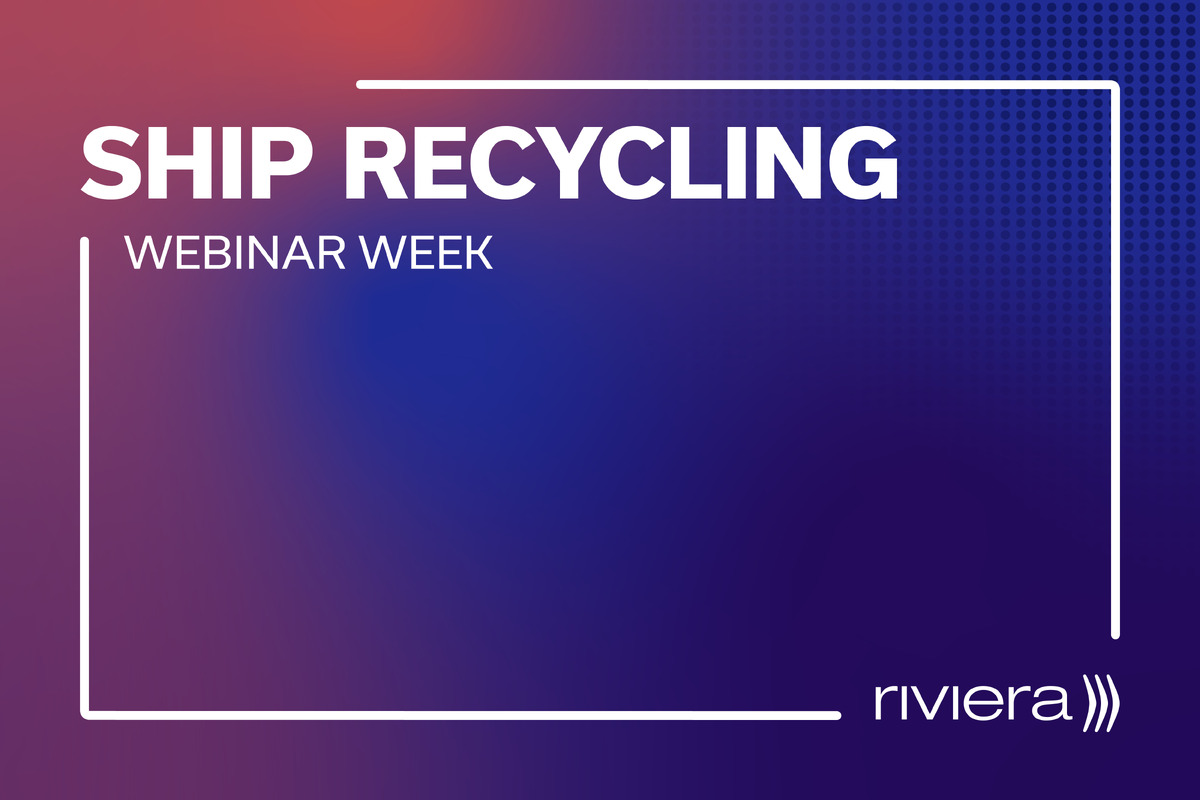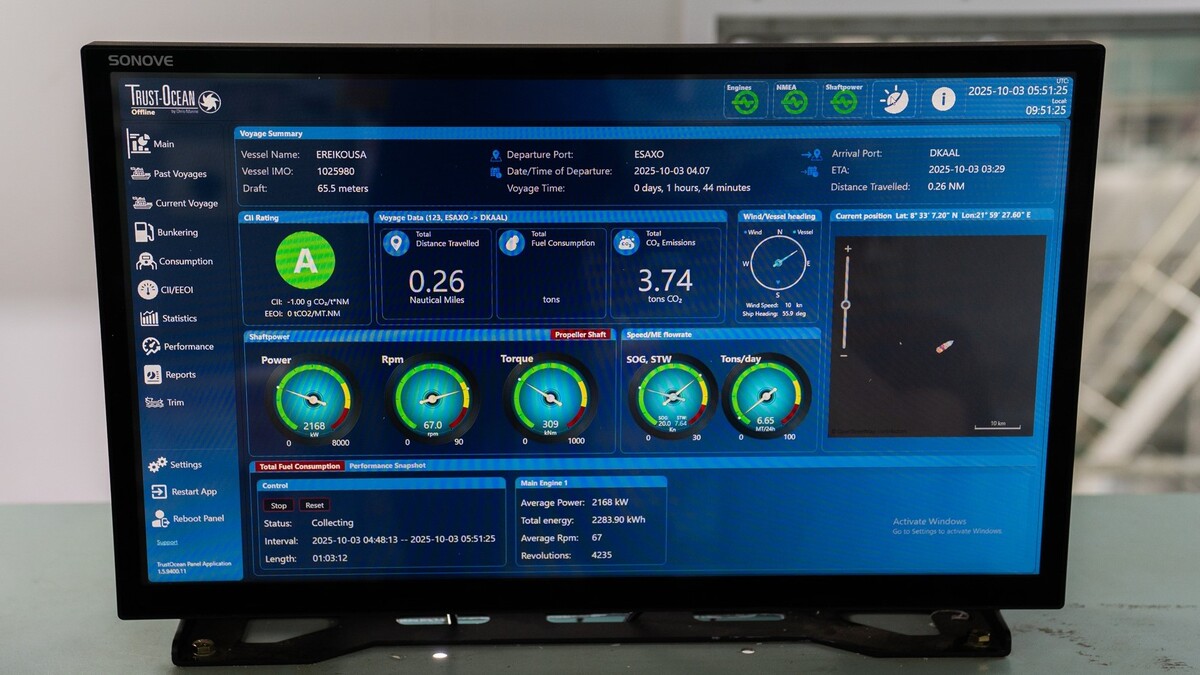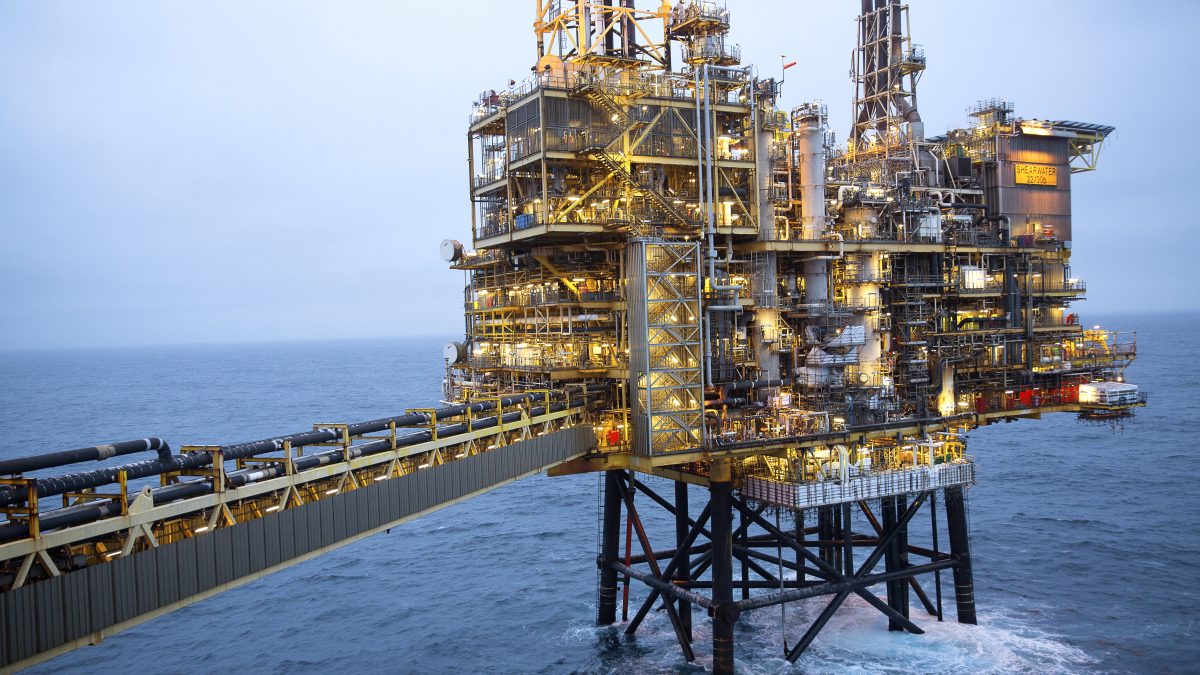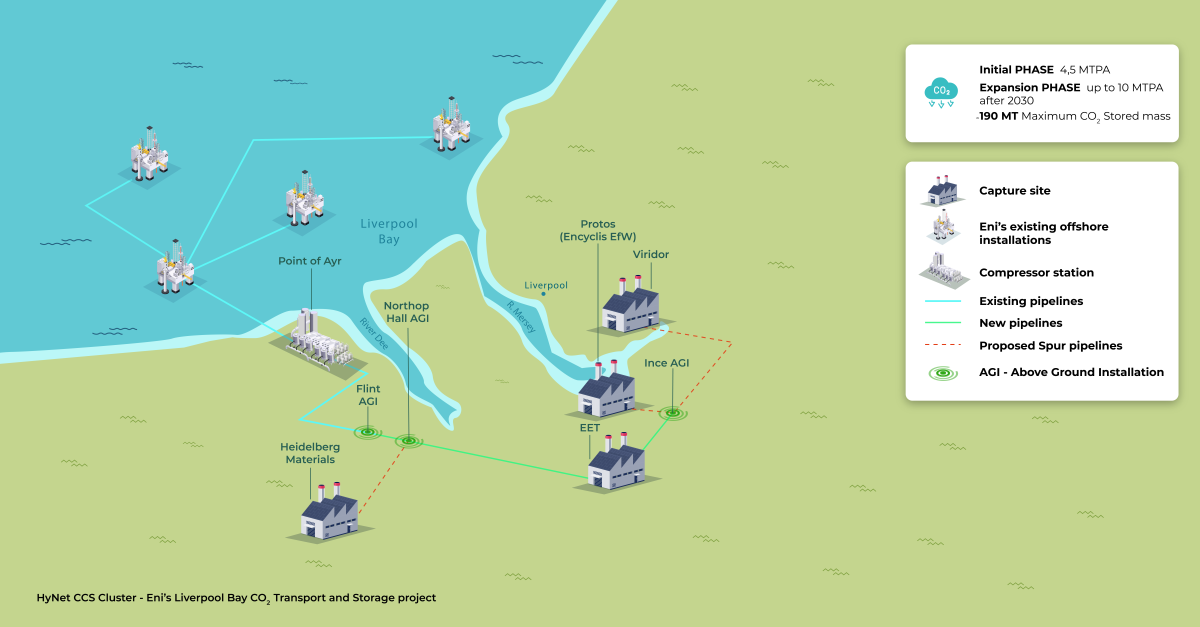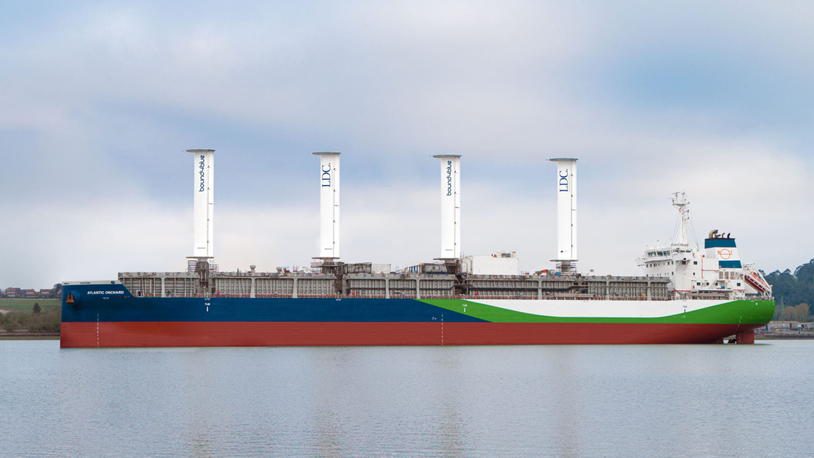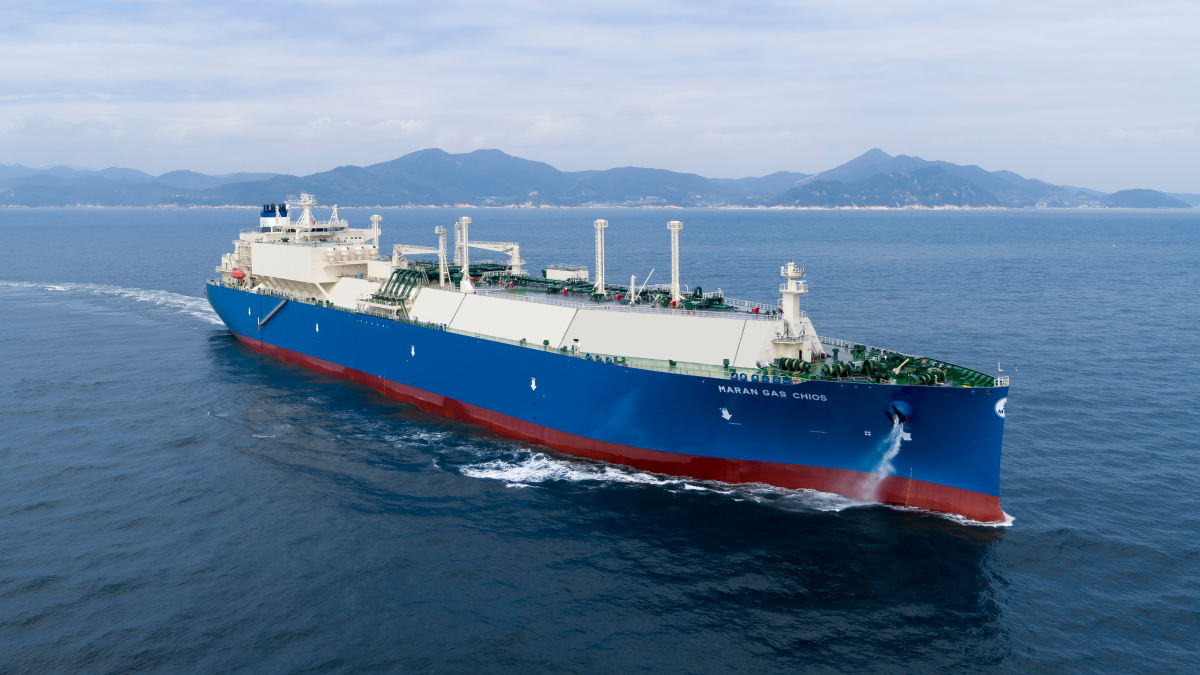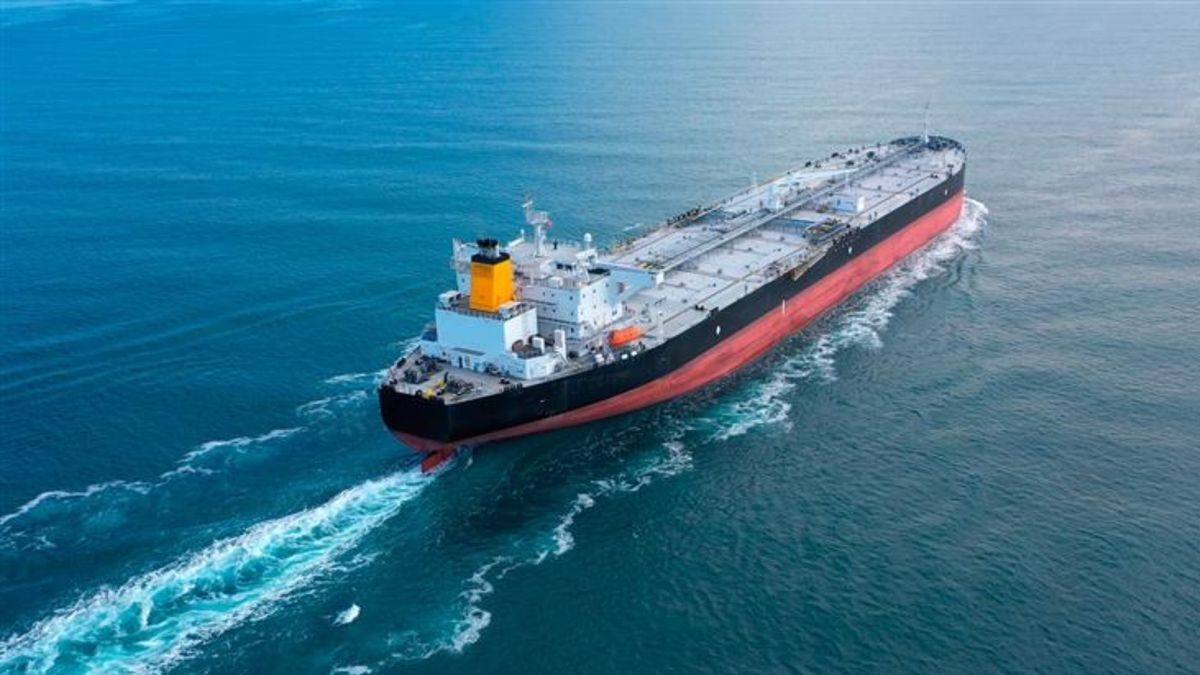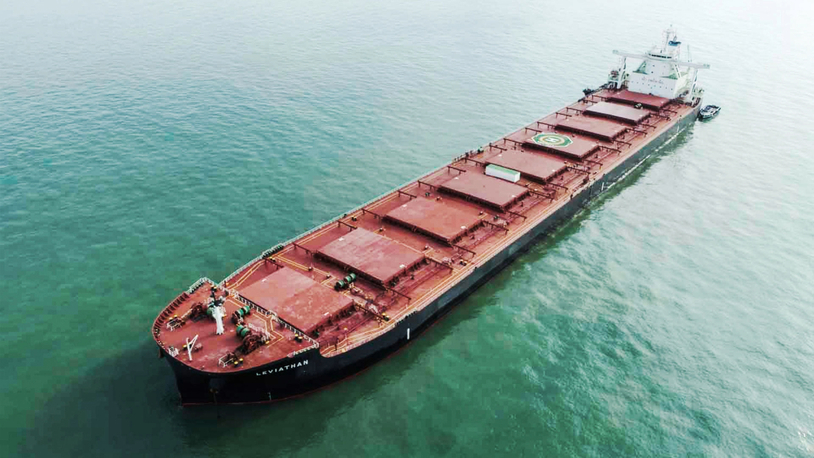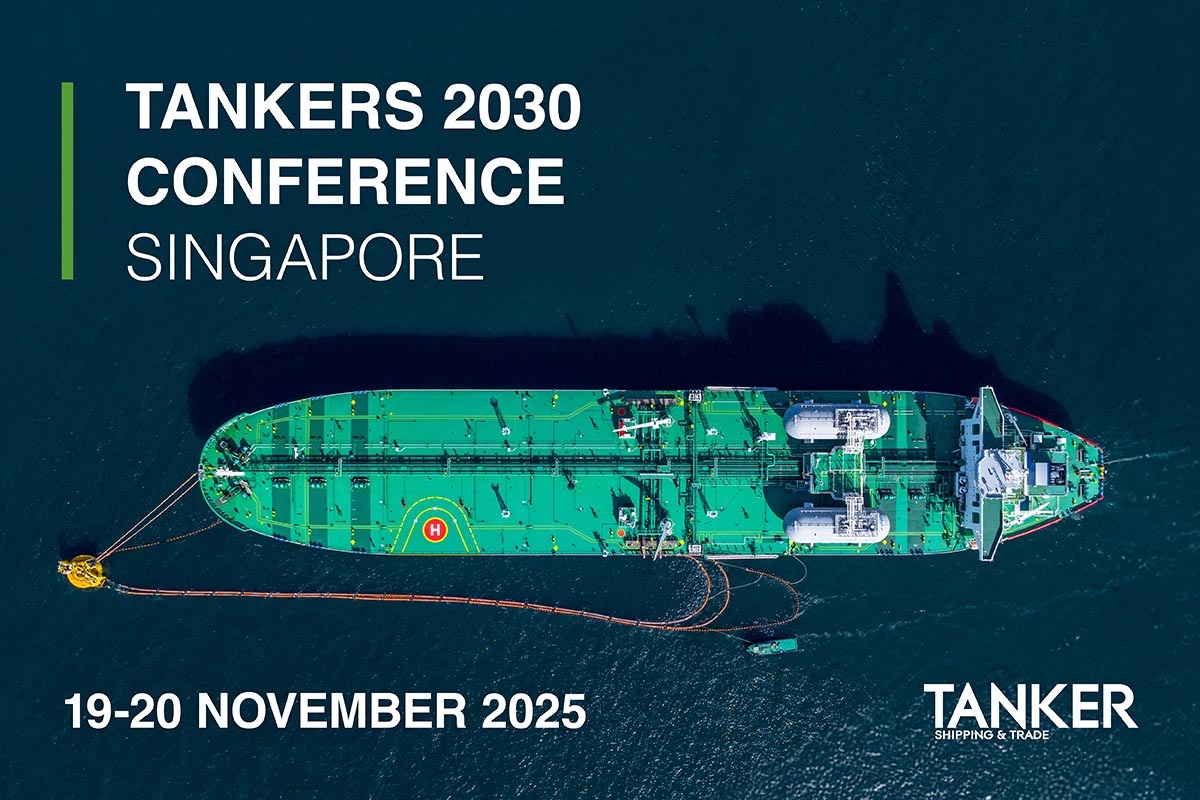Business Sectors
Events
Ship Recycling Webinar Week
Contents
Register to read more articles.
Let’s make a deal: mergers reshape UK offshore oil and gas sector
Market uncertainty and windfall profit taxes pressure UK upstream oil and gas independents to consolidate and rethink their portfolios as North Sea’s clean energy future begins to take shape
Consolidation over the last 18 months is reshaping the UK offshore oil and gas market as regulatory and market uncertainty and windfall profit taxes drive energy developers to reconsider their investment plans and portfolios in the region.
One of the latest mergers involves a new joint venture company that will be owned by Repsol E&P Group (45%) and privately held NEO UK (55%) which would create a leading independent oil and gas producer on the UK Continental Shelf. The combined venture, NEO Next Energy, will be a diversified UK North Sea-focused oil and gas company, with a projected 2025 production of approximately 130,000 barrels of oil equivalent per day (boe/d). Financial benefits from the merger are expected to be more than US$1Bn, with improved cash generation and better shareholder returns, according to Repsol. Subject to regulatory approvals, the transaction would close in Q3 2025.
Repsol will retain US$1.8Bn of the decommissioning liabilities related to its legacy assets.
NEO NEXT will have “more scale and diversity and opportunities for cost consolidation and portfolio high-grading giving resilience despite the tough conditions in the UK,” commented NEO Energy chair, John Knight.
Based in Aberdeen, Repsol UK notes on its website it has interests in 43 fields on the UK Continental Shelf, with 11 offshore installations and two onshore terminals.
NEO UK has interests in 25 North Sea assets.
“Windfall tax has reduced investment appetite”
This latest agreement follows in the wake of five major M&A deals announced in 2024, the most auspicious of which was the proposed marriage that would combine the UK oil and gas assets of Shell UK and Equinor UK into the region’s largest independent oil producer. Equinor’s equity interests in Mariner, Rosebank and Buzzard, and Shell’s equity interests in Shearwater, Penguins, Gannet, Nelson, Pierce, Jackdaw, Victory, Clair and Schiehallion will be rolled into the 50-50 joint venture. Both parties will retain ownership of their gas, offshore wind and carbon capture, utilisation and storage (CCUS) projects.
Global upstream M&A activity
The merger and acquisition activity in the UK North Sea was part of a bigger trend in 2024 in the upstream sector. According to Rystad Energy, upstream M&A activity reached about US$205Bn in 2024. North America led that activity, accounting for US$134Bn – or 65% – of the total deal value in 2024. “This contribution was led by around 17 consolidation-focused US shale sector deals struck in the year, compared with three acquisitions in late 2023 that essentially kickstarted the trend,” noted Rystad Energy.
With nearly US$151Bn worth of upstream opportunities on the market, Rystad Energy believes this year’s global M&A activity is unlikely to reach the levels seen in the previous two years as most of the consolidation wave in the US shale patch has been finalised.
Levy breaks ahead
The UK Government’s windfall tax on UK upstream oil and gas profits has reduced “investment appetite in the North Sea and negatively impacted UK upstream independents,” says consulting firm Deloitte in its recent analysis of the top 25 independent oil and gas producers listed on the London stock exchange.
The UK increased its Energy Profit Levy (EPL) on UK oil and gas activities to 78% starting 1 November 2024 and extended its term to 31 March 2030. The UK has confirmed the levy will end in 2030. The EPL was introduced in 2022 to alleviate rising energy prices in the wake of the outbreak of the Ukraine-Russia war.
The UK Government has indicated a new scheme could be instituted that could potentially lower the tax burden on offshore oil and gas developers. The UK is consulting with oil and gas and energy stakeholders on what a new regime could look like to respond to any future shocks in oil and gas prices.
“Unleash the North Sea’s clean energy future”
According to an announcement by the UK Government, the approach would protect “jobs in existing and future industries” and deliver “a fair return for the nation, during times of unusually high prices. The government will ensure that the oil and gas industry has the long-term certainty it needs on the future fiscal landscape, helping to support investment and protect businesses and jobs now and for the future.”
However, the government has committed to not issuing any new licenses to explore for new oil and gas in the UK as it looks to “unleash the North Sea’s clean energy future.” That future, shaped by the government’s commitment to meet net zero by 2050, will revolve around new investments in hydrogen, CCUS, offshore wind, and floating wind. The government plans to provide £21.7Bn (US$28.9Bn) in funding over the next 25 years for CCUS and hydrogen projects.
“Oil and gas production will continue to play an important role and, as the world embraces the drive to clean energy, the North Sea can power our Plan for Change and clean energy future in the decades ahead,” said UK Energy Secretary, Ed Miliband.
CCUS awards shape future
Already a leader in the global offshore wind sector, the UK is advancing other elements of its vision for the North Sea’s clean energy future. In April, regulatory body North Sea Transition Authority (NSTA) awarded three carbon storage permits to Eni for Liverpool Bay CCS, the CO2 transportation and storage system which will serve the HyNet industrial cluster.
Phase one of HyNet is designed to store 109M tonnes of CO2 in the East Irish Sea, 32 km off the coast of Liverpool, over 25 years.
Carbon captured from large-scale industrial emitters such as cement production, energy-from-waste plants, low carbon hydrogen production and other industrial emitters in northwest England and north Wales, will be stored in the depleted natural gas reservoirs on the seabed. The project “will unlock about £2Bn (US$2.7Bn) worth of supply chain contracts and create 2,000 construction jobs,” said the UK Government.
The permits let Eni start preparing the stores for the initial injection of 4.5M tonnes of CO2 annually, with commercial start up targeted for 2028. The permits were issued alongside the economic licence awarded by the Department for Energy Security and Net Zero. The Italian energy major reached financial close on the Liverpool Bay CCS Project in April.
HyNet will be served by a combination of new infrastructure and existing infrastructure which will be repurposed for carbon transportation and storage. In total, 149 km of offshore and onshore pipeline will be given a new lease of life, delivering substantial cost savings and cutting the environmental impact associated with the construction, transportation and installation of new kit.
A new platform will be installed at the Douglas field to receive CO2 from the Point of Ayr Gas Terminal in Flintshire, Wales. From there, the CO2 will be transported onward to the Hamilton, Hamilton North and Lennox depleted oil and gas reservoirs operated by Eni in Liverpool Bay, for permanent storage.
NTSA awarded the UK’s first ever carbon storage permit to the Northern Endurance Partnership (NEP) for a site in the southern North Sea in December 2024.
Related to this Story
Events
Ship Recycling Webinar Week
International Bulk Shipping Conference 2025
Tankers 2030 Conference
Maritime Navigation Innovation Webinar Week
© 2024 Riviera Maritime Media Ltd.
